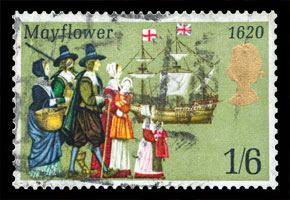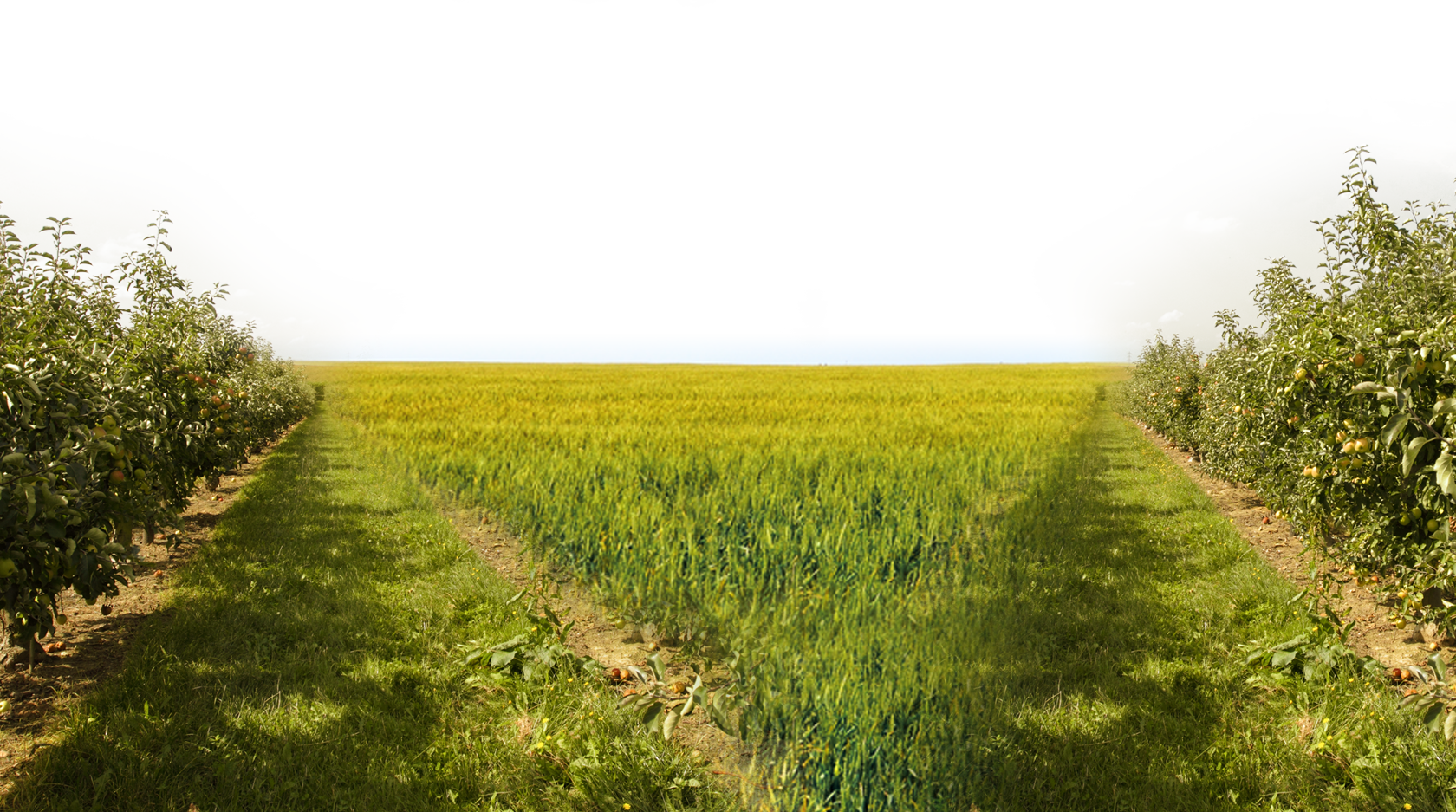
1620? You Don’t Say…
By Sebrina Zerkus Smith | 0 Comments | Posted 11/27/2014
Well, it’s finally turkey day, so I thought it might be fun to travel back through history and take a look at the year 1620 and the whole colonial experience — how we became Americans, and why we eat turkey and mashed potatoes on Thanksgiving.
As far I can tell, around 1620, the Pilgrims boarded the Mayflower and sailed from Holland looking for New Amsterdam, but landed on Plymouth Rock instead. They called it Plymouth because Massachusetts was so hard to spell. They had a tough time of it because of religious persecution and tight shoes, and had no food at all except weevils — that is until the Indians showed them how to make cranberry sauce and turkey and sweet potatoes with marshmallows. (The Indians were not Native Americans at this time.) It was mostly winter in Plymouth, so the Pilgrims kept warm by burning witches. Later they were all killed in the Boston Massacre, except for Benjamin Franklin, who escaped to Philadelphia and invented the light bulb.
That was pretty much all there was to Massachusetts or Plymouth until the Harvard-Yale game. When not watching football, the pilgrims spent much of their time praying and hosting tea parties, but they did not serve tiny sandwiches. Cotton Mather, an ancestor of “the Beaver,” was head man in Boston until the Irish took over and invented coffee.
At about the same time, Sir Walter Raleigh set sail in hopes of discovering Plymouth Rock himself. He landed in Virginia by mistake and named it after queen Virginia Dare of England. Queen Virginia later became King James, who founded Jamestown and wrote the Bible there. Raleigh eventually sailed for Philadelphia, but tripped on his cloak and landed in the Tower of London, where he was unknighted and beheaded. (Apparently, colonial people spent a lot of time being lost, because it was before maps were invented, I guess.)
Anyway, the Virginia colonists flourished, living largely on tobacco, which was not hazardous to your health at the time. Most of them became wealthy planters — well, except for the slaves. The colonists spent much of their time smoking and dancing and feasting on ham, but there was no turkey or gravy. There were a few wars, of course. Mostly between Captain John Smith and Captain Miles Standish, who fought over who would get to marry Pocahontas. Capt. Smith won, so Capt. Standish went off to hunt down a white whale. But that’s another story.
That’s pretty much all there was to Virginia, at least until Thomas Jefferson turned it into a university.
While the Virginia colonists were busy smoking, William Penn, who had made a fortune in motor oil, founded Penn State, where everyone could live together peacefully except for the French, the Indians and anyone who didn’t play football. They did not have turkey or mashed potatoes; or if they did, they kept quiet about it, probably because the French and Indians would want some, too. As you may know, Philadelphia was named for Penn’s son, Phil, who became famous for predicting six more weeks of winter.
You might also be interested to know that Pennsylvania was the site of the French and Indian War, in which the British were on the good side. George Washington, who was English at the time, won that war and then made the French live in Canada, where they invented hockey and stored their milk in bags. Because it had good food and electricity, Philadelphia was where all the conventions were held until Chicago was discovered, but that was much later.
That was pretty much all there was to Penn State, except for the Liberty Bell being cracked when Aaron Burr accidentally shot it with a muskrat.
Now, this was about the time that Henry Hudson sailed for China on the HMS Bounty, but landed in New Holland by mistake, where he became known as “Pennsylvania Dutch.” Hudson bought New Amsterdam from the Indians for a few beads and quickly renamed it New York, New York – after the song. Unfortunately, nothing more is known of that colony.
Well, that’s about all there is to know about the colonial experience. Next year, I’ll tell you about the time George Washington threw a cherry pie into Boston Harbor and started the Civil War.


 Contact us
Contact us



























